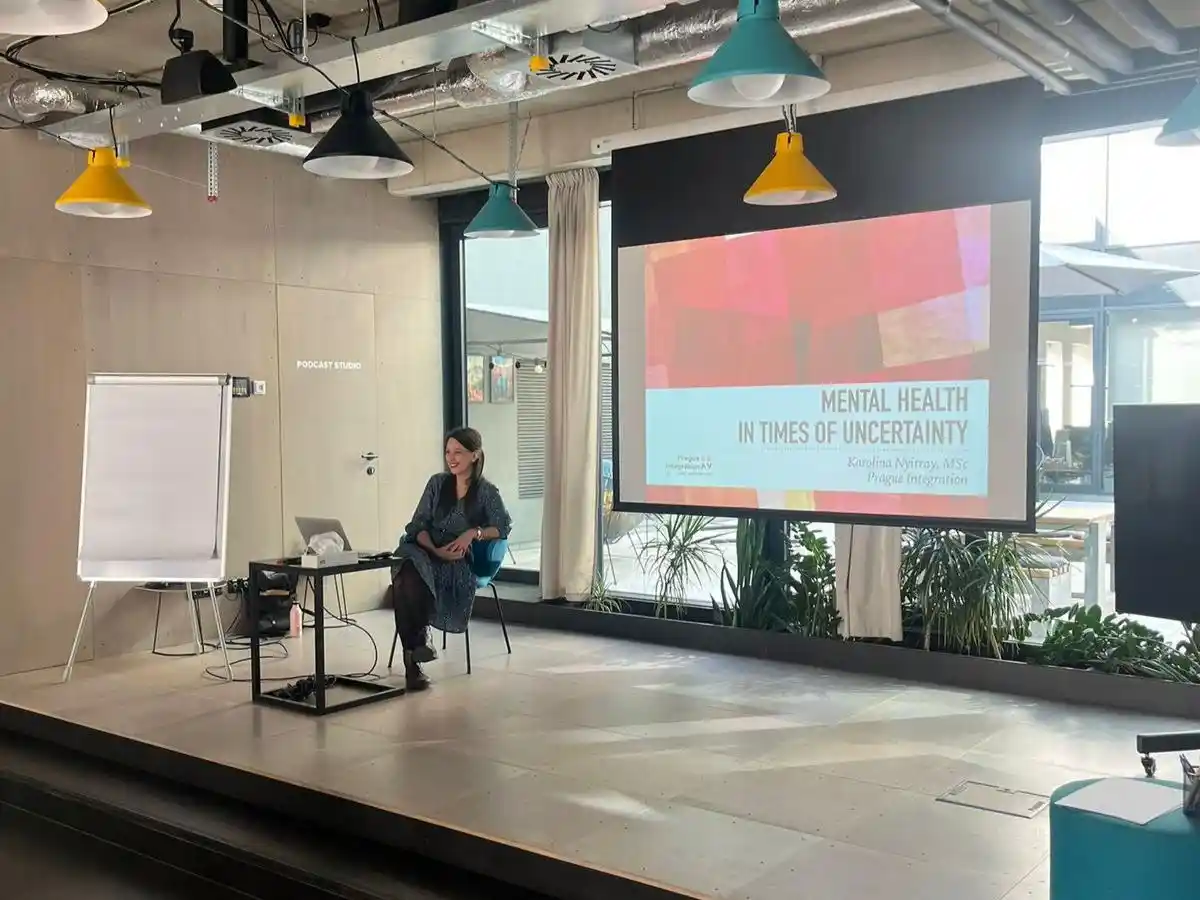Mental Health in Times of Uncertainty
Uncertainty is a constant part of life. But when things become too unsettled—at work or at home—it can become hard to cope. This puts real strain on our mental health and affects our ability to stay focused and meet our goals.
This workshop offers practical tools for taking care of your mental health during times of change and uncertainty.

Why It’s Important to Look After Mental Health in Times of Uncertainty
As humans, we’re wired to seek certainty and to detect potential threats to our well-being. When things become uncertain, we lose that sense of safety—leading to stress. This is a normal, adaptive reaction. But in recent years, the amount of uncertainty many people have experienced has exceeded what we’re built to handle
The workplace has been especially affected by rapid change—from remote work shifts to office returns, restructuring, layoffs, and global market instability. Many of these are beyond our control.
To handle these ongoing demands and avoid the human and financial toll of chronic stress, we need to build resilience and adopt a supportive, adaptable mindset.
Mental health issues are among the leading causes of sick leave in Europe. This creates major disruption and losses for businesses—not to mention the avoidable suffering of those affected.
By supporting your team with tools for mental well-being, you boost both productivity and resilience. It’s a key step toward building a healthy and sustainable work culture.
In this practical workshop you will learn about:

Meet the Facilitator
Karolina is originally from Czechia but spent nearly a decade in the UK. She holds a degree in Psychology from the University of Bath and an MSc in Public Health from UWE Bristol.
She worked in both hospital and community settings with the NHS, gaining experience supporting people with chronic physical and mental health conditions.
Since returning to Prague, Karolina has offered one-to-one support to international professionals facing anxiety, high stress, and challenges related to career direction and relationships.
Karolina has experience delivering tailor-made health and wellness promotion workshops for corporations, start-ups, and NGOs.
